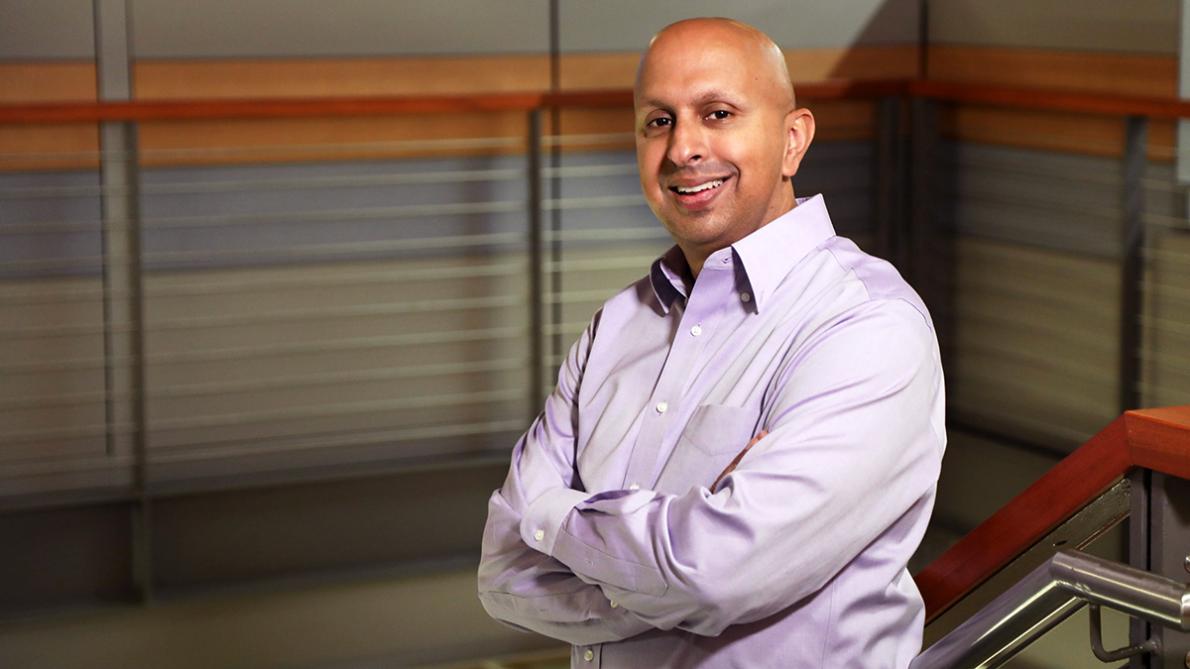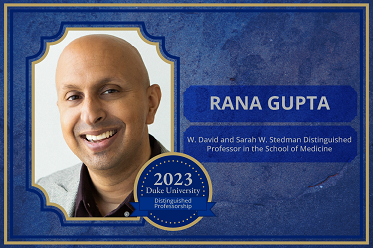Q&A Spotlight: Distinguished Professor Rana Gupta

Rana Gupta, PhD, W. David and Sarah W. Stedman Distinguished Professor in the School of Medicine
Tell us about your clinical, academic, or research interest and why you are passionate about this topic or area of focus.

One of the first concepts I remember learning about in grade school biology was the concept of biological adaptation. I remember being amazed by how different animals and species adapt to changes in their environment. When I began to learn about “adipose tissue” (known to most as “fat tissue”) as a postdoctoral fellow, I was struck by the degree to which it can change in size, appearance, and function, as it adapts to changing environmental and physiological conditions. This ability to change, or it’s “plasticity,” is exemplified by the condition of obesity, which now afflicts half of the population in the United States. Adipose tissue plasticity is critical to maintain health in adulthood and is what is often lost in the setting of disease. Moreover, adipocytes (or “fat cells”) can send signals to the rest of the body to regulate the adaptation of other tissues. The study of adipose tissue offers a lens through which we can learn about mechanisms controlling the ability of our cells, tissues, and organs to adapt to new challenges and how they “talk” to one another. Importantly, this line of research may help identify factors that predict or influence susceptibility to metabolic disease and perhaps even devise therapeutic strategies to treat obesity and associated disorders.
Who has influenced you the most in life and why?
I am fortunate that I knew early in life what I wanted to do as a profession. I was exposed to science at a young age. My father, now retired, was a chemical engineer. My late mother was a laboratory analyst at an environmental testing company until the time of her passing. During my high school years, I realized that I too was destined for a career in science. We had a wonderful AP Biology teacher in high school that made science fun. In college, I realized that I was meant to work in a laboratory. The research lab I volunteered in as an undergraduate opened my eyes to the joys of academic science. I loved performing experiments, seeing new data emerge, and witnessing exciting discoveries being made all around me. The idea of discovering something that perhaps no one else in the world knew was always truly exciting. It is undoubtedly these role models that I had early in my education that influenced my path in life.
This is part of a larger piece by the Department of Medicine.